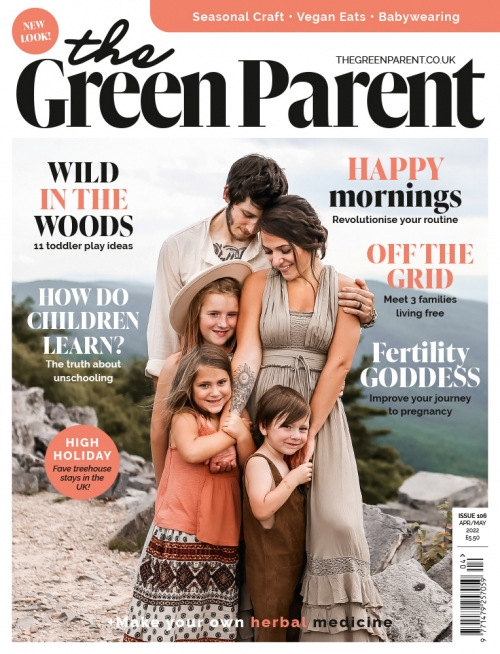Blood Type O (44% of Britons)
People with blood type O are at an increased risk of developing peptic ulcers, stomach infections such a H. Pylori, allergies and obesity. Females with blood type O are also twice as likely to suffer with fertility issues such as low egg count or low egg quality. However, this blood type is at decreased risk of developing cancers (particularly pancreatic and stomach cancers), heart disease, high cholesterol, DVT, Cholera and Malaria.
Blood Type A (42% of Britons)
People with blood type A are at an increased risk of developing stomach cancer, by as much as 20% and are more susceptible to smoking and alcohol related stomach diseases. They are also at an increased risk of heart disease, high cholesterol, DVT, Diabetes and cancer related mortality. However, women with this blood type are significantly less likely to notice any significant pre-menopausal drop in egg count and quality.
Blood Type B (10% of Britons)
People with blood type B are at an increased risk of developing cancers (particularly pancreatic cancer and ovarian cancer), Multiple Sclerosis, Lupus, Chronic Fatigue, heart disease, Diabetes and DVT. However, they are less likely to suffer with allergies and food intolerances.
Blood Type AB (4% of Britons)
People with blood type AB are at an increased risk of developing heart disease, cancer (particularly pancreatic cancer and ovarian cancer), anaemia, DVT, heart disease, and cancer related mortality. Women with this blood type are up to 3 times more likely to suffer with pre-eclampsia in pregnancy. This blood type is associated with a significantly reduced incidence of food allergies, though reactions to allergens are likely to be more severe.
What does all of this mean?
Essentially, these are simply risk factors. There are no guarantees either way and modern medicine doesn’t have any exact answers. This is where eating for your blood type comes in. According to New York Times bestselling author Dr. Peter D’Admao, it is not so much that we are at increased risk of diseases based upon our blood types, but that we are at increased risks by not eating correctly for our blood types. Whilst Dr. D’Admao’s recommendations are always whole, unprocessed and nutritious foods he offers a set of guidelines for each blood type that many claim has healed them from various ailments they had been battling with the help of modern medicine, to no avail, for years. Here, we break down how Dr. D’Admao suggests each blood type should be eating:
Eating for Blood Type O
A high protein, low carbohydrate diet, dairy and grain free is recommended for people with type O blood.
Eating for Blood Type A
A high carbohydrate, low fat and dairy free vegetarian diet is recommended for people with type A blood.
Eating for Blood Type B
A balanced carbohydrate, fat and protein diet, including dairy products, is recommended for people with type B blood.
Eating for Blood Type AB
A balanced carbohydrate, fat and protein diet, not including dairy products, is recommended for people with type AB blood.
Whilst the science behind the risk factors for each blood type is widely respected, there is, as yet, little evidence on eating for blood type. There is much to learn, but Dr. D’Admao’s advice has changed the lives of thousands who admire his work.
If you would like to learn more about Dr. D’Admao, the blood type diet and beyond check out: http://www.dadamo.com/.







